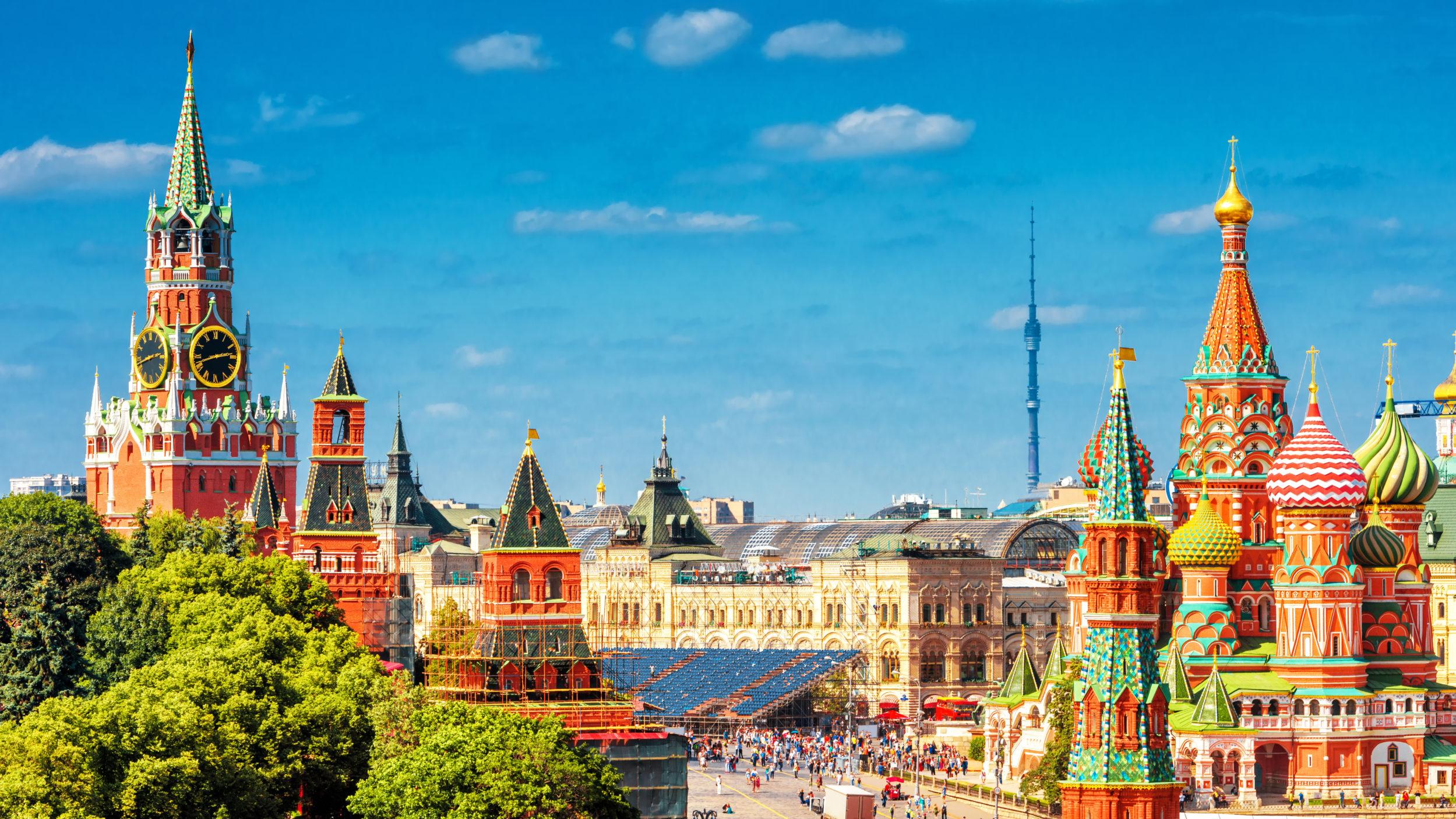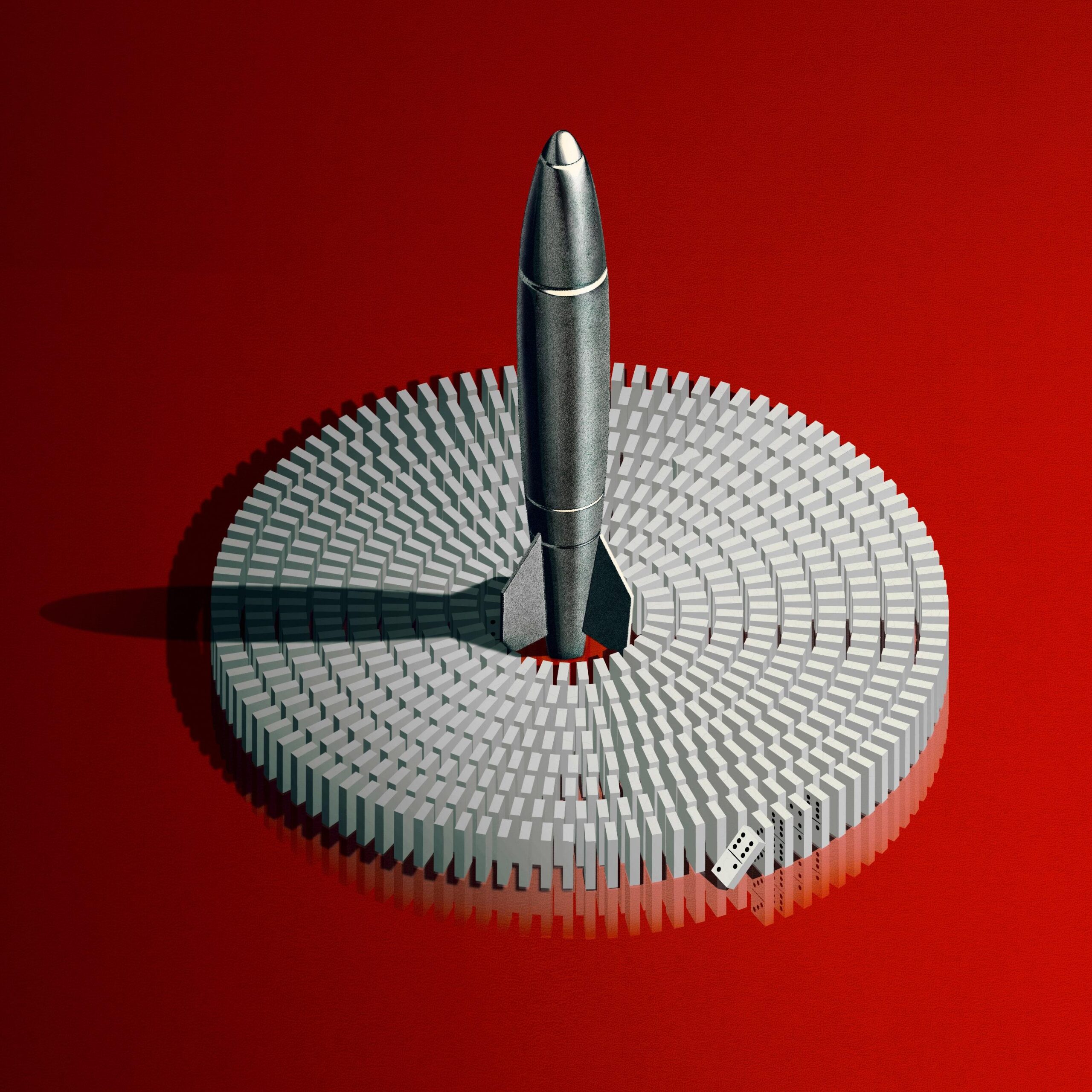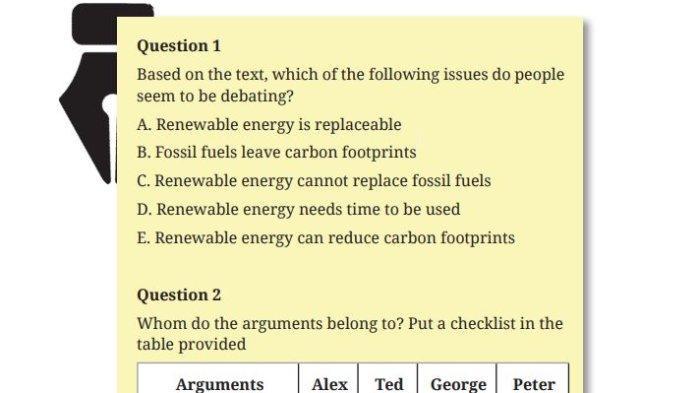In the intricate tapestry of global diplomacy, nuclear weapons hold a somber allure. For Russia, these mighty arsenals serve as the ultimate bargaining chip—a double-edged sword that shapes geopolitical strategies and casts a long shadow over international relations. As we delve into the complex interplay between nuclear might and diplomatic maneuvering, we uncover the pivotal role these weapons play in Russia’s pursuit of power and influence on the world stage.

The Shadow of the Bomb: Russias Nuclear Weaponry as a Deterrent and Bargaining Tool
Few geopolitical tools are fraught with as much potent danger or possibility as nuclear weaponry. Since Russia inherited the massive Soviet nuclear arsenal when the USSR fractured apart in 1991, it has been both a comforting deterrent against invasion and a consistent threat to its perceived geopolitical rivals.
The possession of such an abundantly destructive force naturally grants Russia unique influence that it would not have otherwise. Not even the largest economy or most modern military could guarantee the same level of security that nuclear weapons provide. Because the preservation of the Russian state is inexorably tied to the maintenance of its nuclear arsenal, Russia holds a significant amount of power that translates to other areas besides just defense.
Actions Russian Policy
- Invasion of Crimea
- Annexed Crimea from Ukraine in 2014.
- Threatened to use nuclear missiles in its defense.
- Annexation of Donetsk and Luhansk
- Publicly stated unwillingness to return occupied Ukrainian territories without recognition of annexed territories.
- Acceptance of Russian Federation as a nuclear weapons state.
- Coercion of Lebanon
- In early 1980s coerced Lebanon into signing an accord by surrounding Beirut with nuclear-tipped missiles.
Nuclear Diplomacy: Leveraging Arsenals for Strategic Gain
For Moscow, nuclear weapons have been the ultimate bargaining chip. By maintaining a vast arsenal, it has wielded significant influence in global affairs, deterring potential adversaries and securing strategic concessions. This nuclear leverage has allowed Russia to project power, safeguard its interests, and maintain a degree of parity with the United States.
Nuclear weapons provide Russia with a form of ‘nuclear blackmail’
It shapes international norms and discourse around nuclear weapons and proliferation
This arsenal has played a crucial role in shaping the post-Cold War order, influencing security arrangements in Europe and beyond
By leveraging its nuclear advantage, Russia has been able to pursue its political and strategic goals more effectively
Strategic Shift: Rethinking Conventional Wisdom on Nuclear Deterrence
For Russia, nuclear weapons are not merely instruments of war, but also a potent bargaining chip. This is evident in the Kremlin’s strategy of using nuclear threats to deter NATO expansion and secure concessions from Western powers. By emphasizing its nuclear might, Russia seeks to create the perception that it possesses an overwhelming advantage in this realm. This perception, in turn, is intended to deter other states from challenging Russia’s interests or provoking a nuclear conflict.
Although Moscow’s nuclear posturing has been questioned by some analysts, it has nonetheless achieved significant results. For example, Russia’s annexation of Crimea in 2014 was met with limited resistance from the West, partly due to fears of nuclear escalation. Similarly, Russia’s intervention in the Syrian civil war has allowed it to expand its influence in the Middle East without facing direct military opposition from NATO. In these cases, Russia’s nuclear arsenal has served as a powerful deterrent, shaping the behavior of other states and limiting their willingness to confront Russian aggression.
To Wrap It Up
In the intricate tapestry of international relations, where shadows dance amidst the threads, Russia’s nuclear arsenal stands as an enigmatic wildcard. As a bargaining chip, it weighs heavily on the scales of diplomacy, its potential impact both alluring and terrifying.
Nuclear weapons, the ultimate expression of destructive power, have become a paradoxical instrument in the Kremlin’s hands. They have forged a fragile shield, deterring adversaries while simultaneously casting an ominous shadow over global security. With each twist and turn of their nuclear policy, Russia navigates a perilous path between deterrence and potential oblivion.
As the global community grapples with the challenge of nuclear proliferation, the role of Russia’s nuclear arsenal remains a subject of intense scrutiny and debate. Whether it serves as a pillar of stability or a ticking time bomb, only time will tell.


